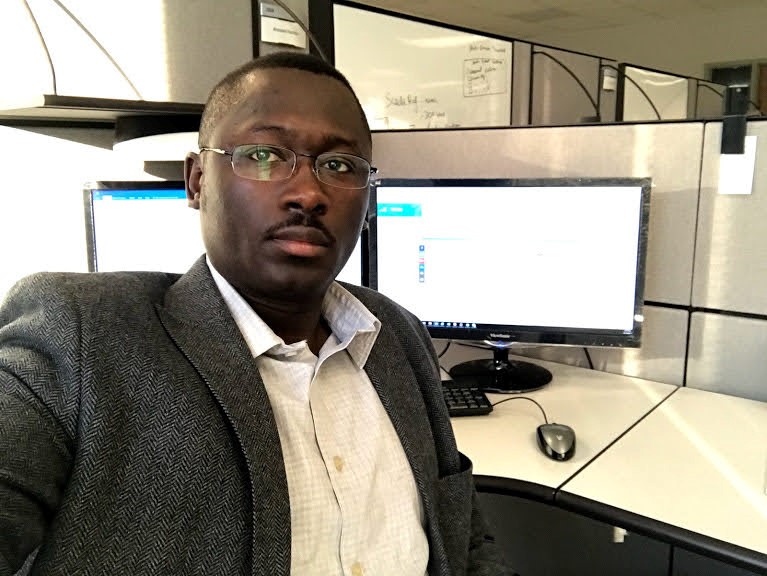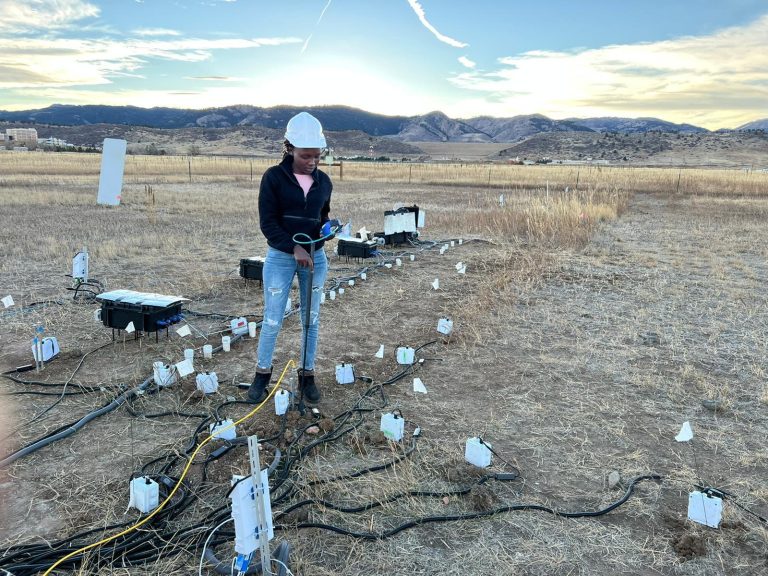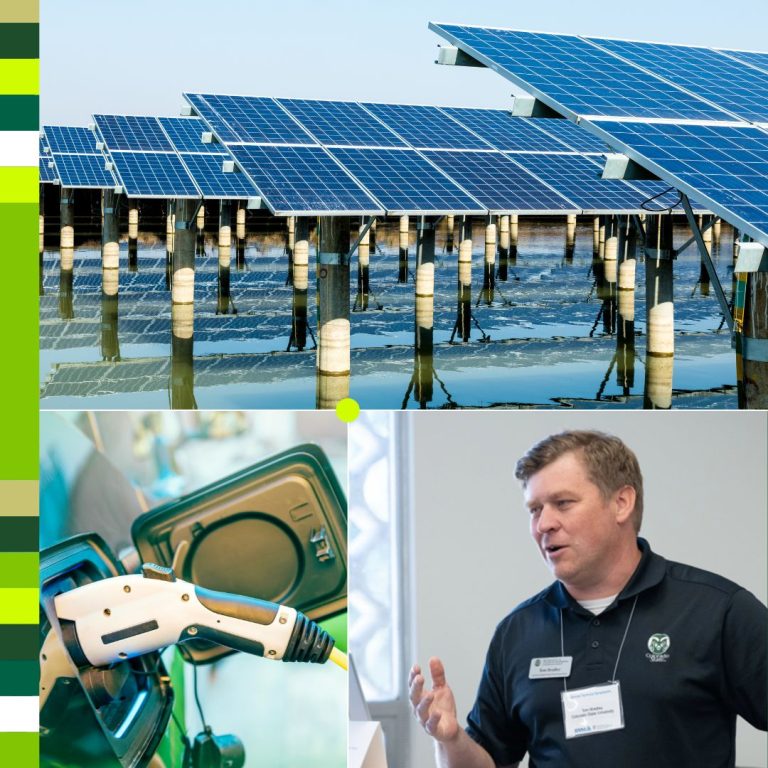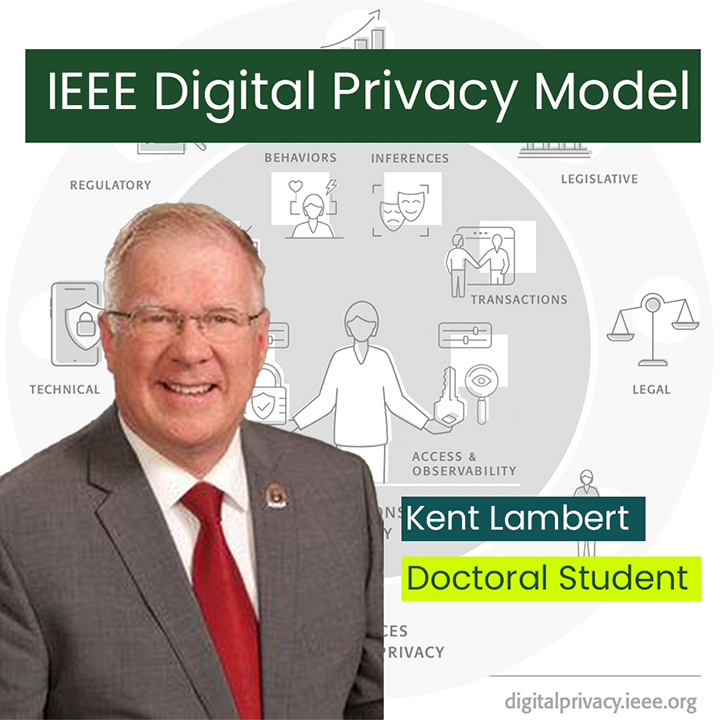
Student Q&A: Hamza Ahmed
- By: Katharyn Peterman

Hamza Ahmed, a Ph.D. candidate in the department of systems engineering, is currently halfway through his Ph.D. journey. He earned his bachelor’s degree in petroleum engineering from Hadhramout University of Science and Technology and earned both a master’s in business administration and a master’s in computer science from the American College of Commerce and Technology.
He grew up in Sudan and moved to the United States in 2012 to work for the Embassy of Sudan in Washington D.C. He moved to Fort Collins last year to start his Ph.D. with a research focus on Human-Systems Integration.
What is your research area? What drew you to this research area?
My research is focusing on Human-Systems Integration (HSI) in the agricultural sector in developing countries. I am studying the reason behind the lack of adaption of the agricultural machinery and technologies by traditional farmers in developing countries, and then at the end of my study, I will be creating a system that will enhance the trust between traditional farmers and agricultural machinery with respect to all of the human factors behind this subject.
I have chosen this area because I believe encouraging traditional farmers to adopt agricultural machinery will help improve the well-being of traditional farmers, which will ultimately lead to a better life quality for the large number of people practicing this type of farming.
What do you wish people knew about your research area?
Human-Systems Integration (HSI) is a relatively new field in systems engineering. It is the area of systems engineering that focuses on a system’s human components and elements to help resolve system designs that do not adequately consider the human aspect. So, understanding that aspect will help create a better engineering system or improve the current engineering systems or have better systems’ products.
What drew you to study systems engineering?
In my previous twelve years of working experience in different disciplines from Oil & Gas, Diplomacy, and technology, I wanted to pursue a field that would build on my experience and teach me new life-cycle systems analysis and process improvement skills. And I believe studying systems engineering is the field that will help me use my previous experience and understand more about analytical skills.
Any advice for new SE Ph.D. students?
If I would give advice to the SE Ph.D. students, it would be trying to do your preliminary exam as soon as you could as it will set the tune for the rest of their study, and it will help them in efficiently managing their program timeline.
What do you like to do when you aren’t working/in class?
If I am not doing classwork, my free time will be divided between my family by having more family time and improving my programming skills as I am a big fan of embedded systems programming.
Who inspires you?
My parents and my family mainly inspire me as my parents always encourage my siblings and me to go further in our education. Also, the culture where I am from makes it a must for me to go and change my situation for a better position, and that can be done by having a better education.
What’s a fun fact about you people may not know?
I believe the fun fact about me is that I like cooking and I am very good at cooking a lot of international dishes especially middle eastern food.
Anything else you want to share?
I would add that I like trying new things and changing my situation, whether it’s a new place, or a new job, or a new lifestyle. And now, studying systems engineering is the fourth major that I am studying so far.



